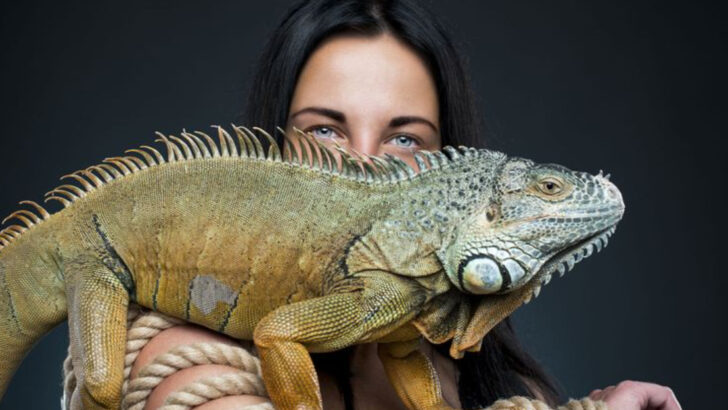Choosing a pet is a big decision, often swayed by misconceptions about the ease of care.
While some animals are touted as ‘easy’ pets, they may demand more time, effort, and resources than initially expected.
This guide explores ten such pets that may not be as simple as they seem, and suggests ten more suitable alternatives.
Each section provides insights into the unique challenges and advantages of these popular and lesser-known companions, offering prospective pet owners a clearer understanding of what to expect.
Discover which furry, feathered, or scaly friend might truly be the best fit for your home and lifestyle.
Hedgehogs: The Prickly Reality
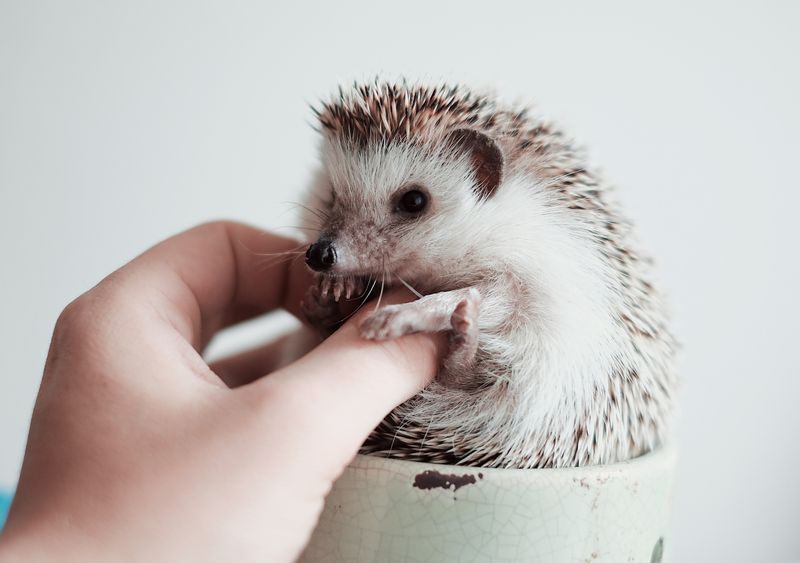
Hedgehogs might seem like the perfect low-maintenance pet but caring for them is tricky. These nocturnal creatures need a carefully controlled environment with specific temperatures. Additionally, they require regular socialization to prevent stress.
Their diet can be complex, involving special food blends or live insects. Regular vet visits are essential, as hedgehogs are prone to illnesses that require expert care. However, their sensitive nature means they may not be the best fit for busy households.
Consider your lifestyle and commitment level before adopting a hedgehog, as they demand more effort than many expect.
Turtles: Not So Slow and Steady
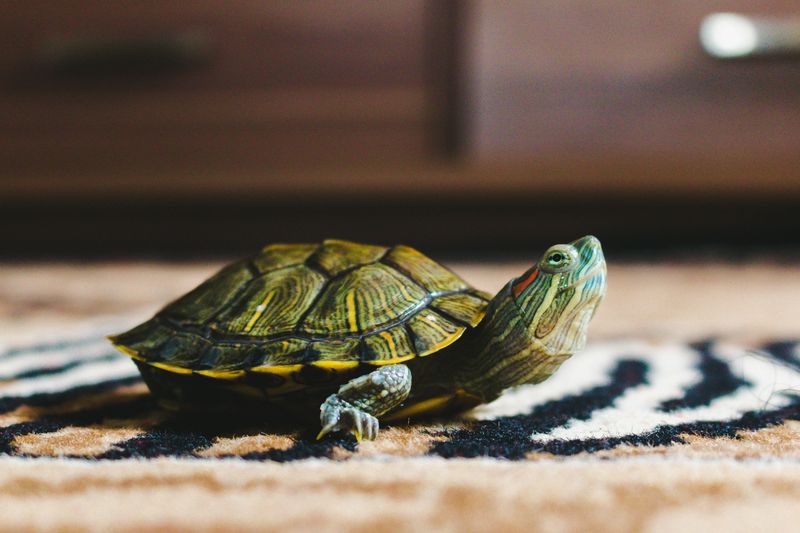
Turtles are often thought of as low-maintenance pets, but they have demanding care requirements. They need large enclosures with special lighting, filtration systems, and space to swim and bask.
Their diet must be varied, including fresh vegetables, protein, and commercial turtle food. Additionally, turtles can live for decades, requiring long-term commitment.
Prospective turtle owners should be prepared for time-consuming maintenance routines. Though fascinating to watch, turtles are not as simple to care for as they seem, requiring dedication and knowledge to ensure their well-being.
Hamsters: The Midnight Movers
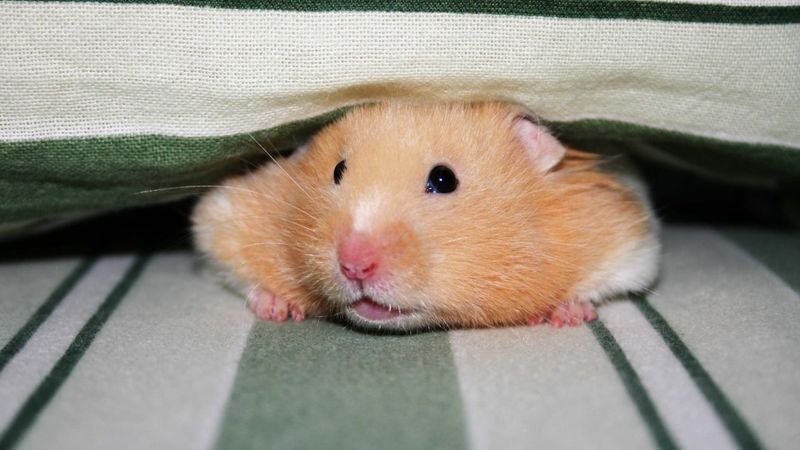
Hamsters are often marketed as easy starter pets for children, but their nocturnal nature can be disruptive. Active at night, they need ample exercise and enrichment to stay healthy and happy.
Their living spaces require regular cleaning to prevent odors and maintain hygiene. Hamsters also need careful handling to avoid stress and injury.
While small, these creatures have big needs that can be overwhelming for young or unprepared owners. Investing time in understanding their behavior and needs is crucial for a successful hamster-owner relationship.
Guinea Pigs: Squeaky Surprises
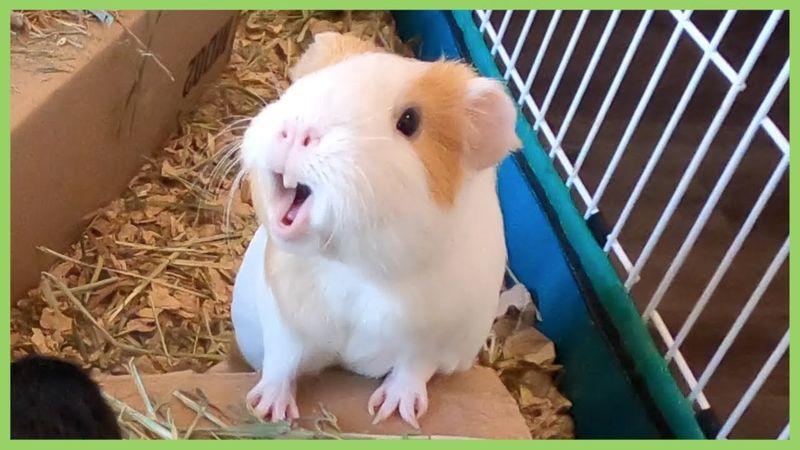
Guinea pigs are social animals that thrive in pairs, which means doubling their housing and food requirements. They need spacious cages and daily interaction to prevent loneliness and boredom.
Their diet is specific, requiring fresh vegetables, hay, and vitamin C supplements to maintain their health. Regular cage cleaning is crucial to prevent odors and ensure cleanliness.
Although they are charming companions, guinea pigs’ care demands can surprise unsuspecting owners. Understanding their social and dietary needs is key to providing them with a happy home.
Rabbits: Hopping into Challenges
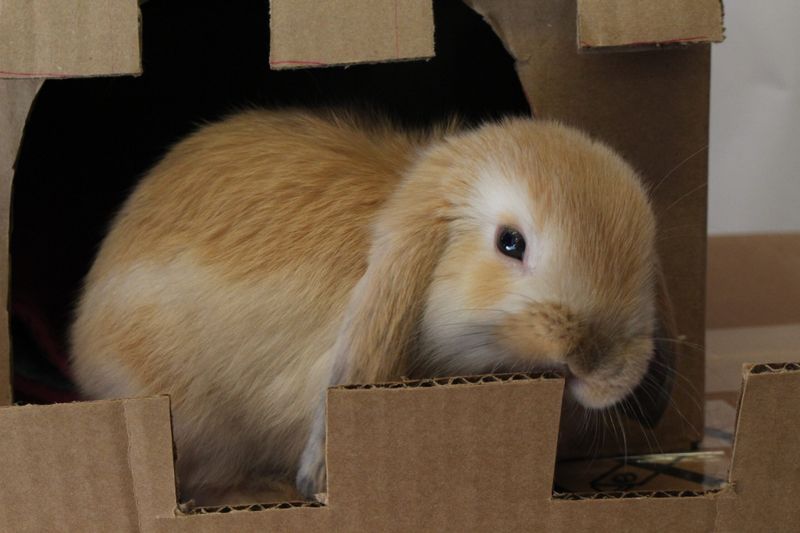
Rabbits are often misunderstood as simple pets, yet their care is complex. They require spacious, rabbit-proofed environments to explore safely. Their diet must include hay, fresh vegetables, and limited pellets to prevent obesity.
Rabbits need regular grooming, especially long-haired breeds, to prevent matting and health issues. They also need social interaction and mental stimulation to stay happy.
These gentle creatures can be delightful companions, but they need more attention and commitment than many assume. Proper research and preparation are essential for a thriving rabbit-owner bond.
Ferrets: Mischievous Mates
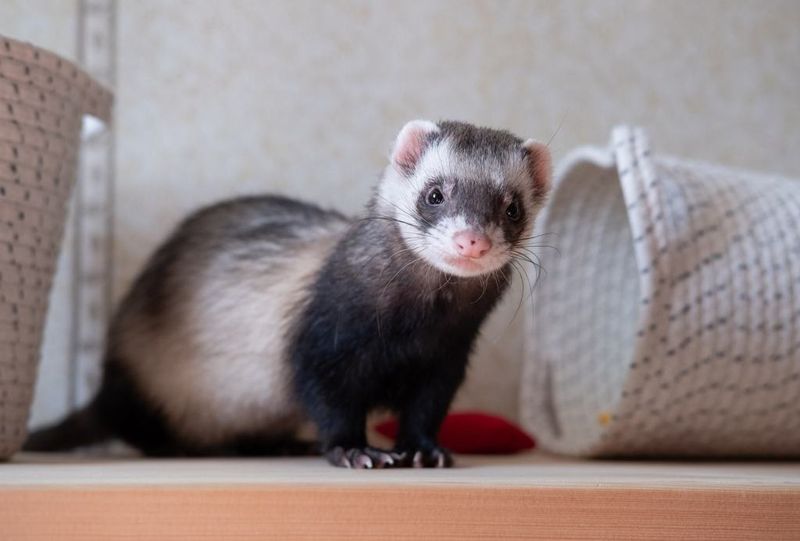
Ferrets, known for their playful antics, might seem like fun pets, but they demand constant supervision and stimulation. Their environment needs to be secure and enriched with tunnels and toys to satisfy their curiosity.
Ferrets have a specific diet, including fresh meat and commercial ferret food. Regular grooming and vet check-ups are essential to maintain their health.
Their mischievous nature can be both entertaining and challenging, requiring owners to be vigilant and engaged. Understanding their unique care requirements is crucial for those considering a ferret as a pet.
Parrots: Talkative and Demanding
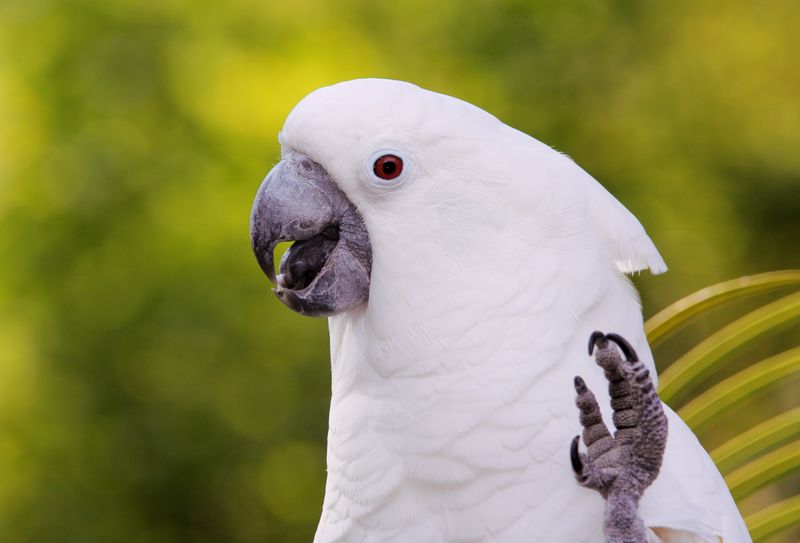
Parrots captivate with their vibrant colors and ability to mimic speech, but they are high-maintenance pets. They need large cages, daily out-of-cage time, and mental stimulation.
Their diet should be diverse, including pellets, fresh fruits, and vegetables. Parrots also require regular social interaction to prevent behavioral issues.
They can live for decades, demanding a long-term commitment. The engaging nature of parrots can be rewarding, but their care needs are significant. Prospective owners must be ready for the challenges and joys of sharing their lives with these intelligent birds.
Chinchillas: Dusty Yet Delightful
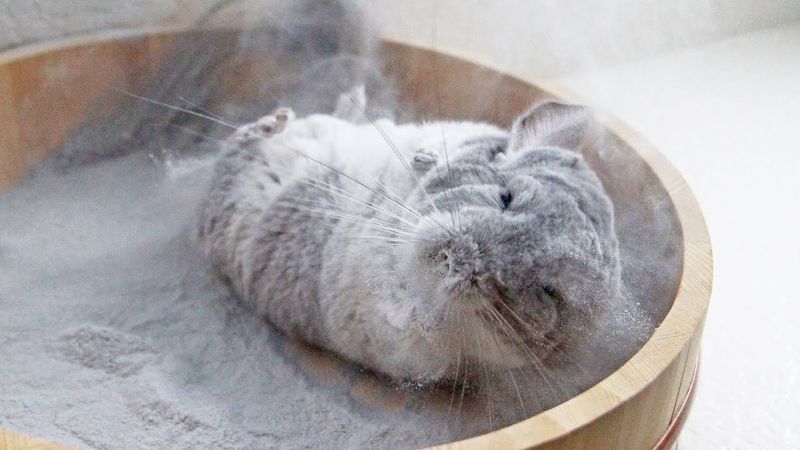
Chinchillas are known for their soft, luxurious fur, but they require special care. They need large, multi-level cages and regular dust baths to maintain their coat.
Their diet should consist mainly of hay, with occasional pellets and treats. Chinchillas are sensitive to heat and stress, necessitating a stable environment and careful handling.
While they can be delightful companions, chinchillas’ care needs can be overwhelming for the unprepared. Understanding their unique requirements is vital for providing them with a healthy, happy life.
Iguanas: The Green Giants
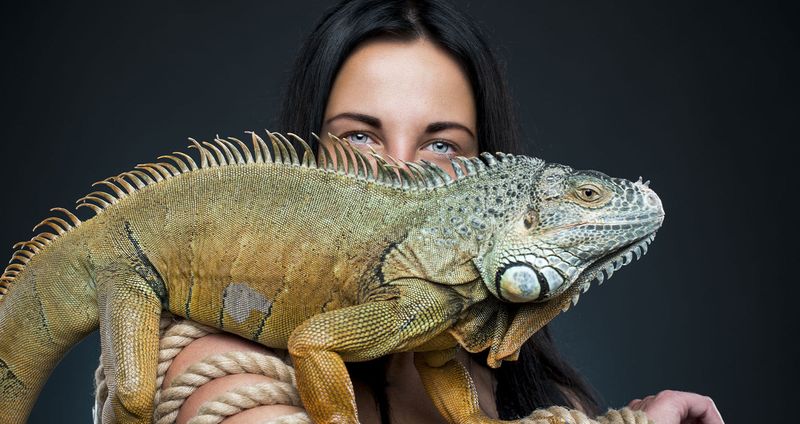
Iguanas, with their striking appearance and calm demeanor, might tempt prospective reptile owners, but they have demanding care needs. They require large enclosures with specific lighting and temperature controls.
Their diet is plant-based, needing fresh greens and vegetables daily. Iguanas can grow quite large, requiring substantial space and resources.
Their lifespan can exceed a decade, demanding a long-term commitment. While fascinating, iguanas are not beginner pets and require dedicated care to thrive. Potential owners should thoroughly research their needs before bringing one home.
Sugar Gliders: Soaring Commitments
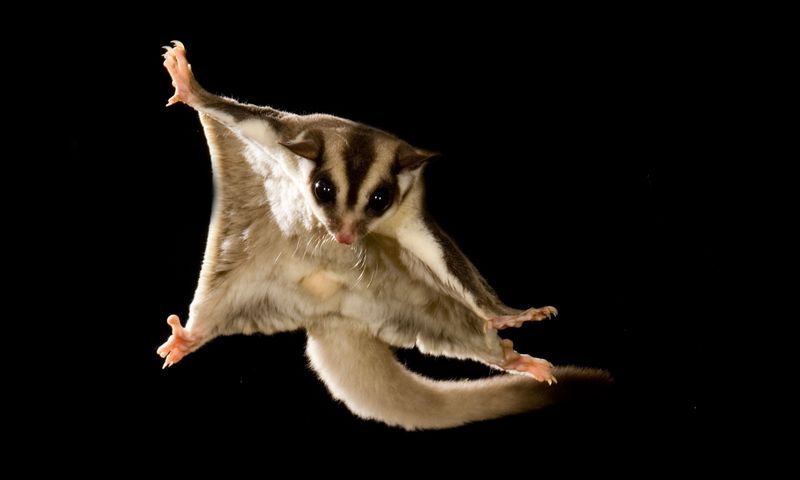
Sugar gliders, with their adorable appearance and ability to glide, seem like exciting pets, yet they require extensive care. They need spacious, enriched environments for climbing and social interaction.
Their diet is complex, including fresh fruits, insects, and specialized supplements. Bonding with sugar gliders requires time and patience, as they are social creatures that form strong attachments.
Their nocturnal nature and specific needs can pose challenges for new owners. Comprehensive research and commitment are crucial for those considering these endearing marsupials as pets.
Betta Fish: More Than Just a Bowl
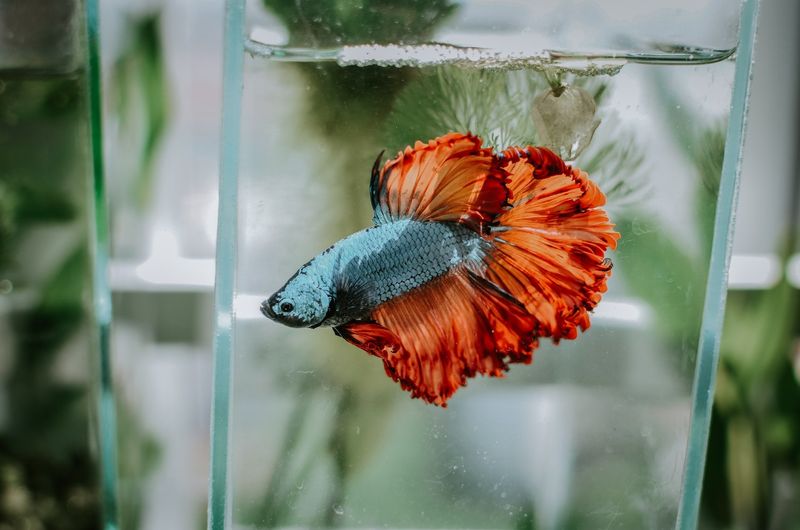
Betta fish, known for their striking colors and graceful fins, are often mistakenly kept in small bowls, but they thrive in larger, filtered tanks. Their environment should be enriched with plants and hiding spots.
Betta fish require a varied diet of pellets, live or frozen foods. Water conditions must be monitored and maintained regularly to ensure their health.
Though small, Betta fish have particular care requirements that can be overlooked. Proper education and investment are necessary to create a suitable home for these captivating fish.
Leopard Geckos: Easygoing Reptiles
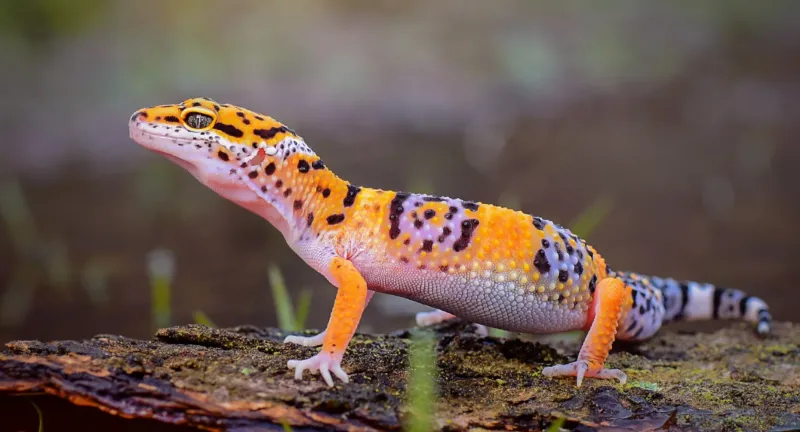
Leopard geckos, with their charming spots and gentle demeanor, are one of the simpler reptile pets to care for. They require a desert-themed terrarium with heating and hiding spots.
Their diet includes live insects like crickets and mealworms, dusted with calcium and vitamins. Regular tank cleaning and temperature monitoring are crucial for their health.
While not as low-maintenance as some might think, leopard geckos are relatively easy to care for compared to other reptiles. They offer an engaging experience for those willing to meet their specific needs.
Budgerigars: Chirpy Companions
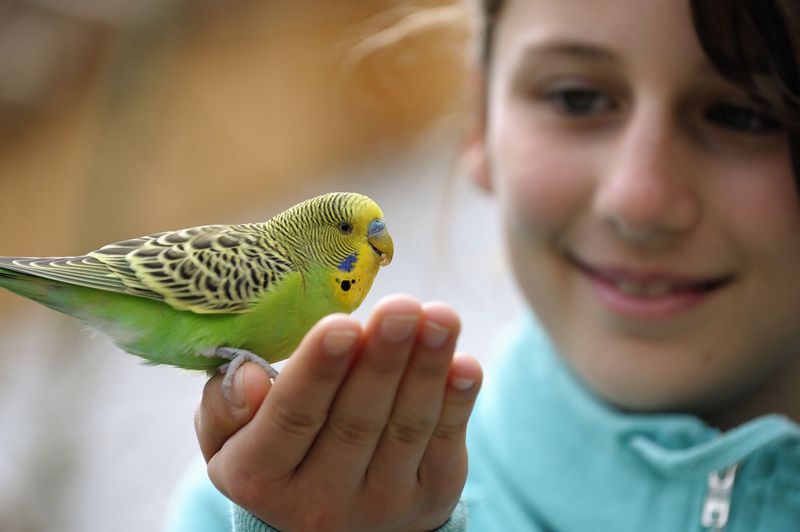
Budgerigars, or ‘budgies,’ are lively, social birds that make wonderful pets when provided with the right environment. They thrive in spacious cages filled with toys and need regular interaction.
Their diet should include seeds, fresh vegetables, and occasional fruits. Training and socialization are key to unlocking their playful personalities.
While not as demanding as larger parrots, budgerigars require attention and care to flourish. They are an excellent choice for those looking for a feathered friend that offers companionship and entertainment.
Hermit Crabs: Sheltering Surprises
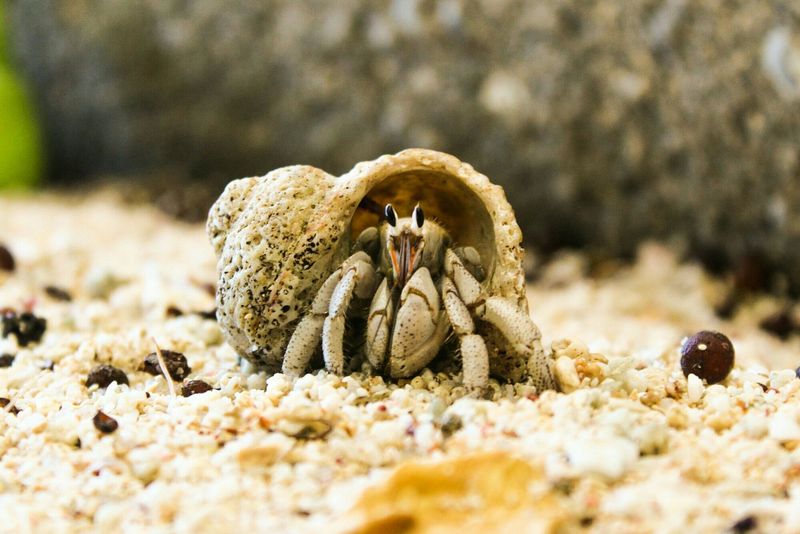
Hermit crabs, with their shell-swapping habits and quirky behavior, are intriguing pets. They require a tank with sand, humidity control, and a variety of shells to choose from.
Their diet includes commercial hermit crab food, fresh fruits, and vegetables. Regular tank maintenance is necessary to prevent mold and bacteria.
While they might seem like simple pets, hermit crabs need specific conditions to thrive. Their unique lifestyle and care requirements make them a fascinating choice for those willing to invest in their well-being.
Gerbils: Social Sprinters
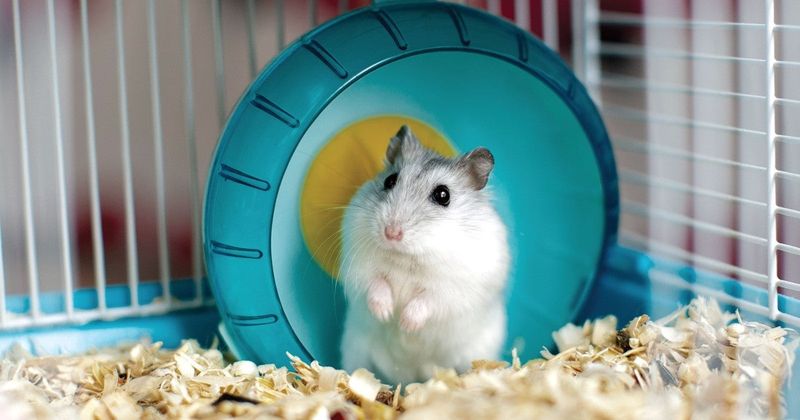
Gerbils are social, energetic rodents that love to dig and explore. They thrive in pairs or groups, which means a larger cage with plenty of space for activities.
Their diet consists of commercial gerbil food, supplemented with seeds and fresh vegetables. Regular cage cleaning and enrichment are vital to keep them happy.
While they are engaging pets, gerbils’ social and environmental needs can be more demanding than anticipated. Providing a stimulating environment is essential for their well-being, making them a rewarding choice for dedicated pet owners.
Cockatiels: Whistling Wonders
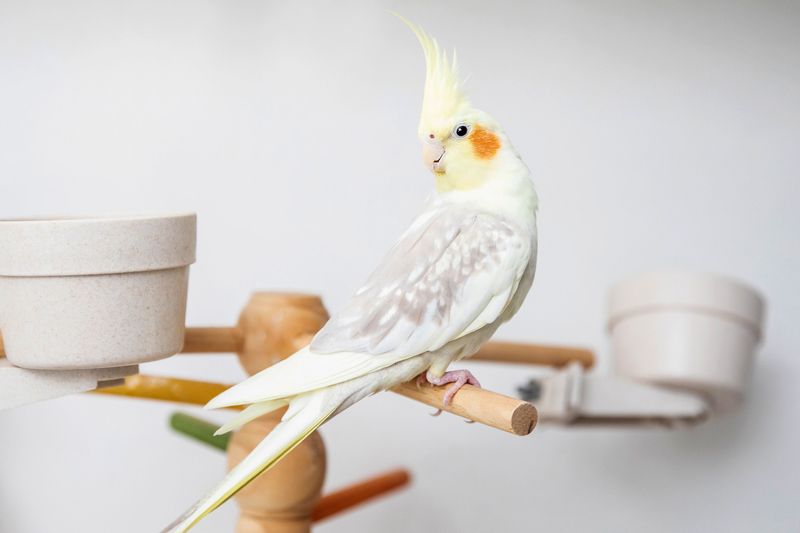
Cockatiels, known for their whistling and affectionate nature, are popular pets that flourish with attention. They need spacious cages and regular social interaction to stay content.
Their diet should include seeds, pellets, and fresh produce. Training and enrichment activities help develop their personalities.
While not as demanding as larger parrots, cockatiels still require dedicated care to maintain their happiness and health. They are delightful companions for those ready to engage with their curious and social nature, offering endless entertainment and affection.
Fancy Rats: Intelligent Allies
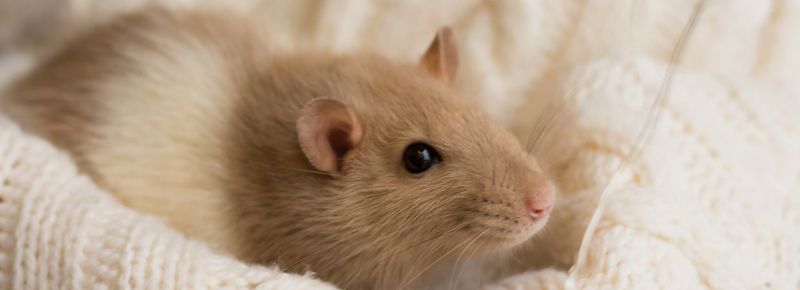
Fancy rats, often misunderstood, are intelligent and social creatures that thrive with companionship. They require spacious, multi-level cages with toys and opportunities for exploration.
Their diet should include lab blocks, fresh fruits, and vegetables. Regular cleaning and social interaction are essential for their well-being.
Despite stereotypes, fancy rats are affectionate pets that bond closely with their owners. They offer a unique pet experience for those willing to invest time in their care, proving to be loyal and engaging companions.
Axolotls: Aquatic Enigmas
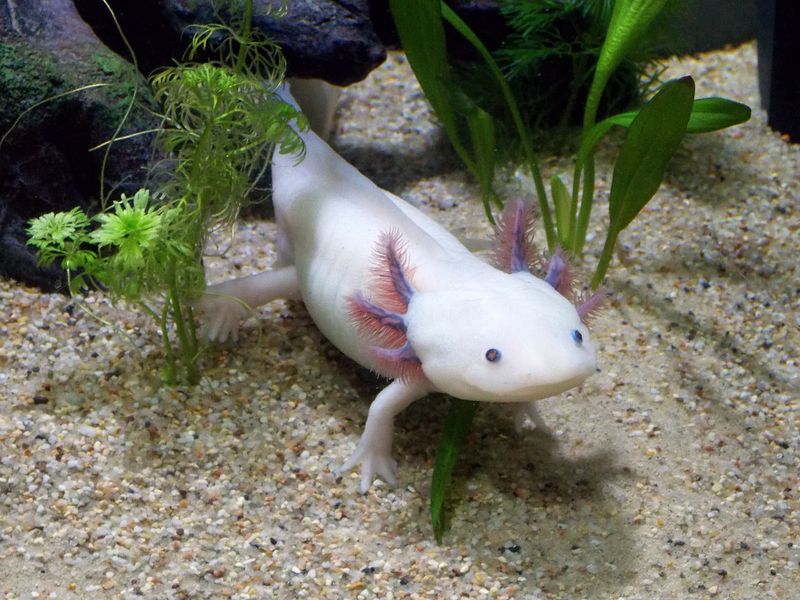
Axolotls, with their unique appearance and regenerative abilities, are captivating aquatic pets. They need cool, filtered aquariums with hiding spots and low water flow.
Their diet consists of worms, pellets, and occasional meat, requiring careful feeding practices to maintain health. Regular water quality monitoring is crucial.
Axolotls are fascinating pets but demand specific care to thrive. Their unique characteristics require dedicated owners who appreciate their mysterious nature, offering a one-of-a-kind experience for aquatic enthusiasts.
Canaries: Melodious Marvels
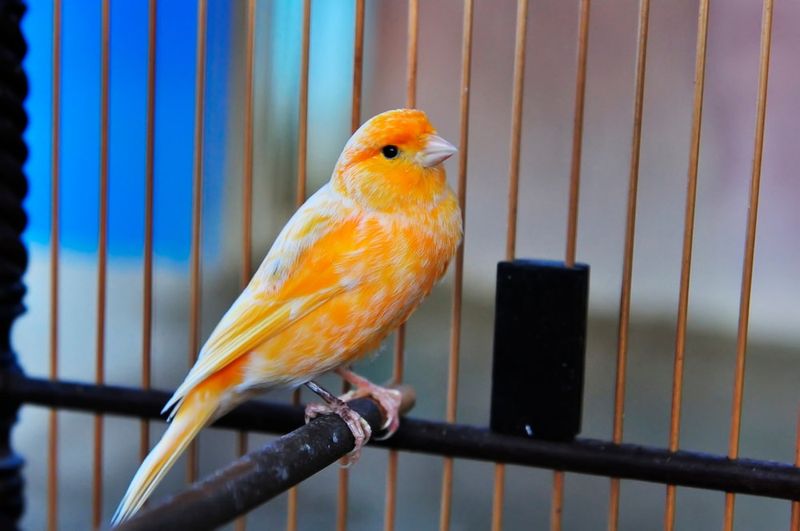
Canaries, renowned for their beautiful songs, are delightful companions. They thrive in bright cages with perches and need regular social interaction.
Their diet should include seeds, fresh greens, and supplements for optimal health. Regular cage maintenance and interaction are key to keeping them vibrant and healthy.
While not as interactive as some pets, canaries offer a serene presence with their melodious tunes. They are perfect for those who appreciate their beauty and song, providing a touch of nature’s music within the home.
Russian Blue Cat
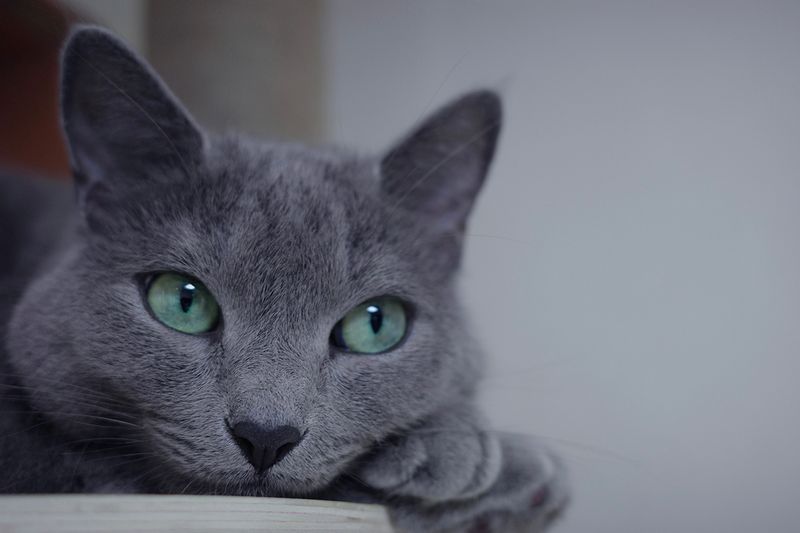
The Russian Blue is a blend of elegance and affection, famous for its striking emerald eyes and plush blue coat. These cats exude a serene presence, ideal for calm households.
Known for their intelligence and gentle nature, Russian Blues form strong bonds with their families but are shy around strangers. Their grooming needs are low, perfect for busy owners.
Fun fact: Russian Blues are reputed to bring good luck in their native land, Russia.

